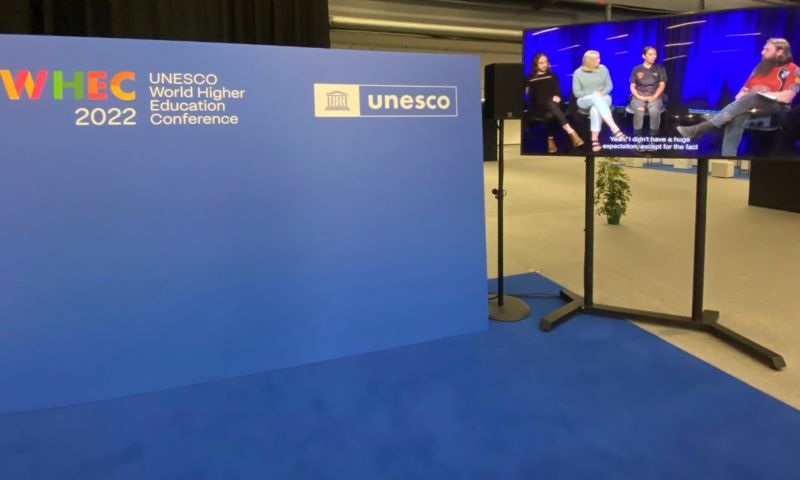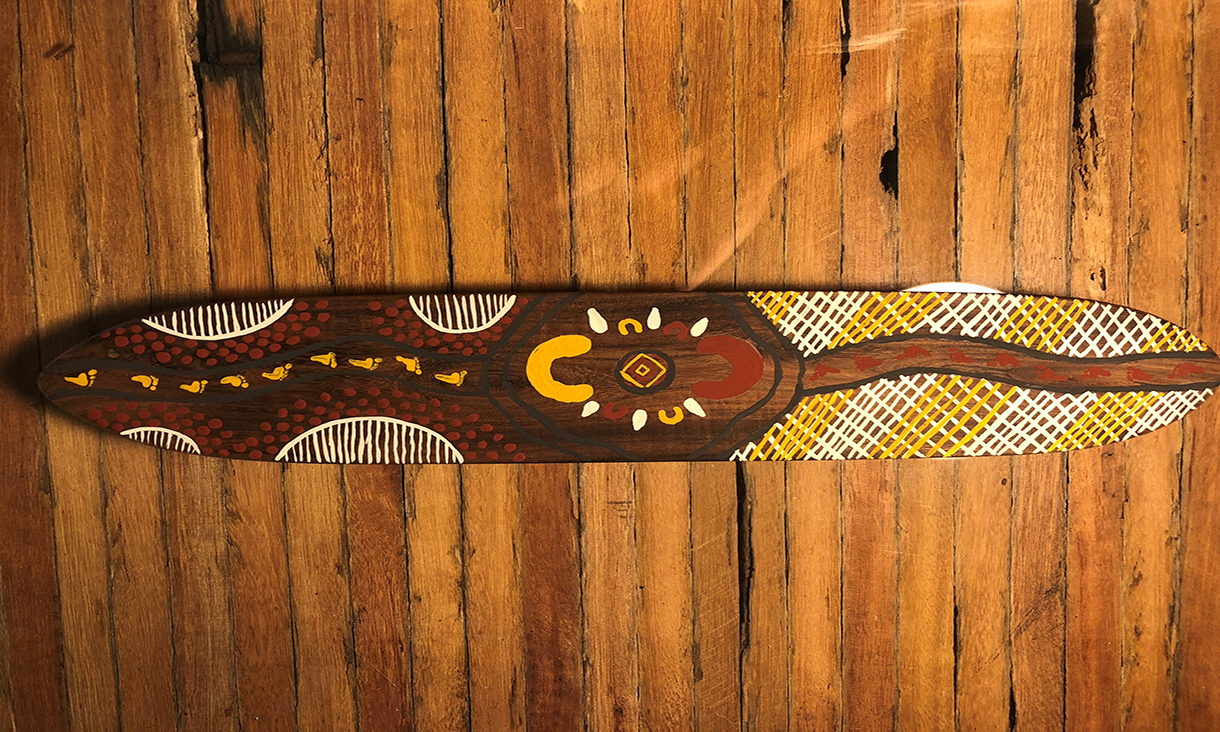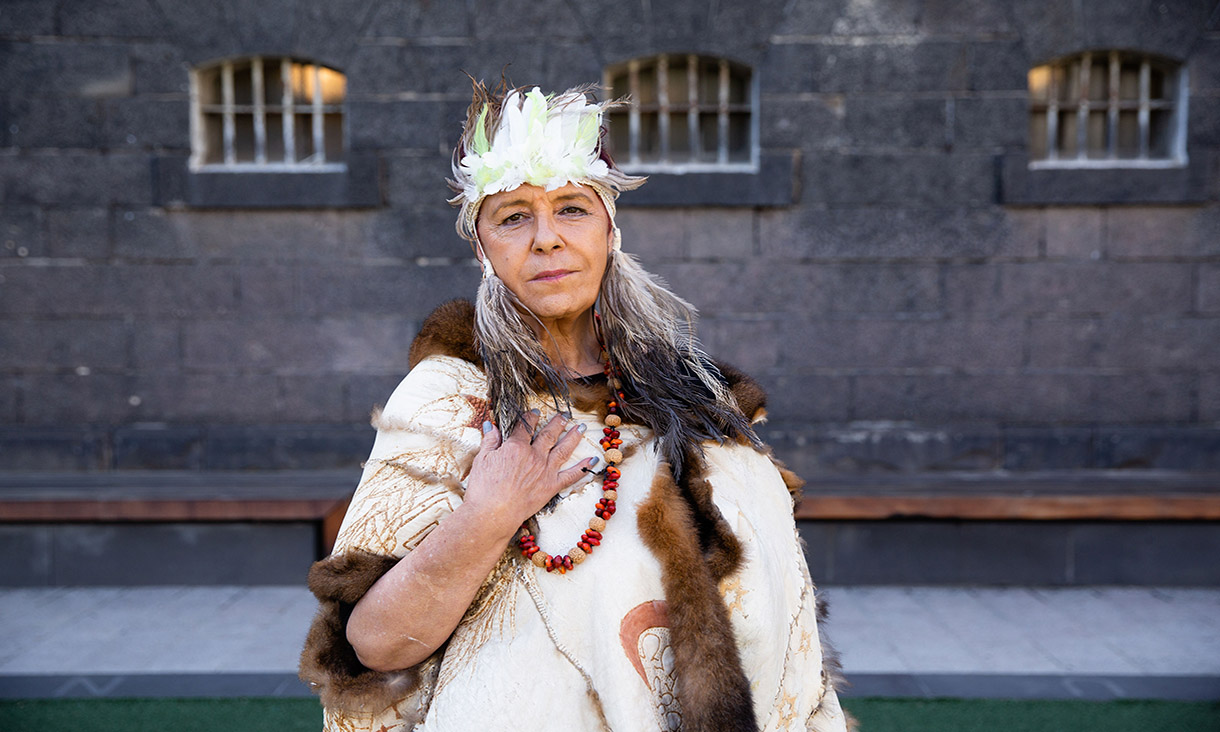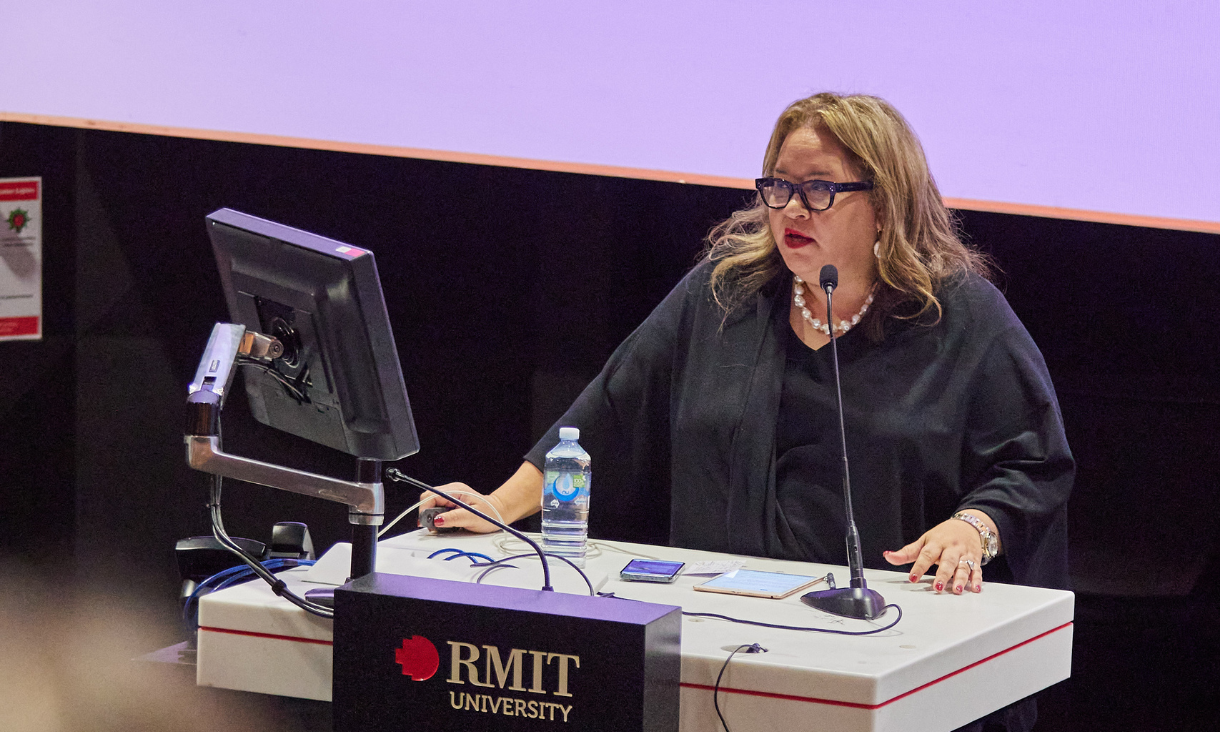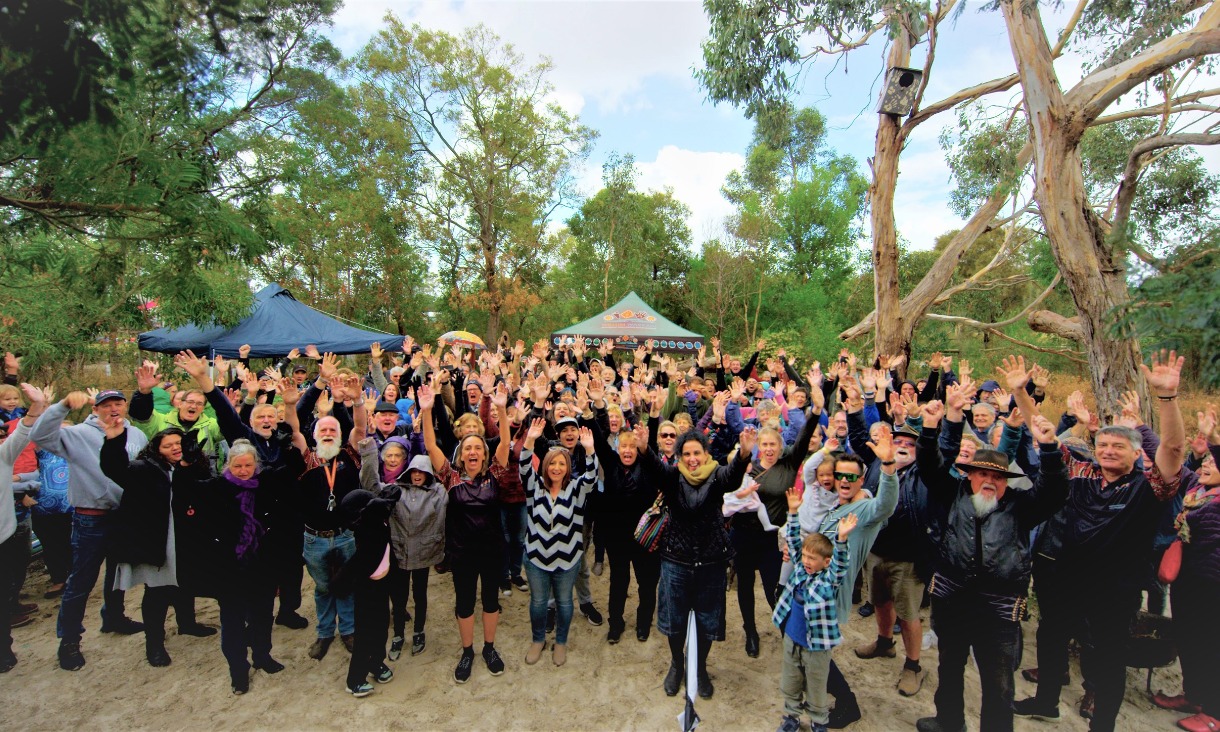Do you think the higher education sector is a force for continuing colonisation?
Chelsea: I’ve noticed a lot of the teaching and learning is focused on reading and writing and not so much on traditional First Nations ways of learning, such as Dreamtime stories, yarning, dancing and art. The same goes for primary and high school.
Shylicia: I want to understand how I can create a bridge between the planning industry and First Nations Peoples – literally and theoretically, because there currently isn't one. Yes, university is an institute that continues colonisation but for First Nations Peoples to survive in this Western world, there are parts of the system I feel I need to learn about.
Hayden: If we’re talking about the institution as an entity, then absolutely. But there are people within the institution that are trying their best to steer away from that Western perspective. As First Nations scholars or students, being in a colonial system doesn't mean that we’re being colonised – we’re extending our ways of knowing.
What are three critical areas that need to be changed within higher education in Australia?
Chelsea: The inclusion of First Nations traditional ways of learning and teaching would be beneficial not only for Aboriginal and Torres Strait Islander students, but for students more broadly, regardless of cultural context. That would mean moving away from teacher-focused lecture styles to more interactive and immersive learning.
Shylicia: Funding is very important for the participation of First Nations Peoples in higher education. We travel and relocate to study, and often have to work full-time to support ourselves, but also want to do really well in our studies. I know many First Nations students who wanted to continue with university but couldn’t because of other life circumstances.
Hayden: Creating opportunities for First Nations scholars and reforming curriculum is one critical step towards more inclusion. I remember when I took a class focused on Indigenous philosophy how proud I felt accessing readings not only by First Nations scholars but by people who were challenging Western ways of knowing which claimed to be superior to others.
Which positive steps could be undertaken to improve and create a more inclusive higher education system in Australia?
Chelsea: An Acknowledgement of Country at the start of every subject would be a positive step. Together with this, including Indigenous culture and ways of learning into each subject would be important.
Shylicia: Making a mandatory Acknowledgement of Country short course for students to learn about the land they are on and the traditional owners. I know many people that want to do an Acknowledgement of Country but may not know how to go about it or offend anyone.
Hayden: Support to have more First Nations Peoples in academia and additional funding towards research for our own culture. One of the reasons I want to do my master’s degree and PhD is to explore an area that hasn't been explored yet in our culture.
This video was created for the UNESCO World Higher Education Conference 2022 and can be accessed via their knowledge digital library.
Story: Inés Crosas


